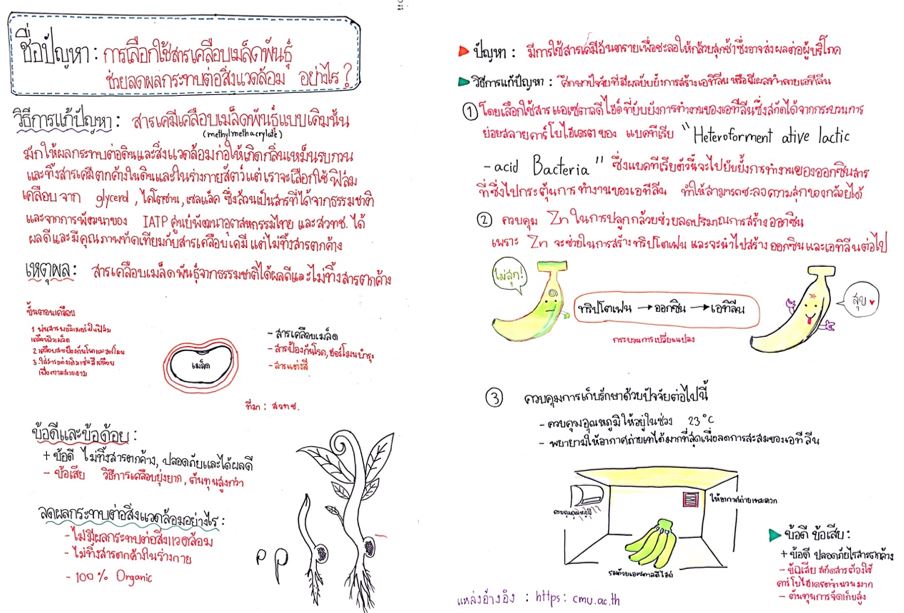
Using Science, Technology, Society, and Environment (STSE) Approach to Improve the Scientific Literacy of Grade 11 Students in Plant Growth and Development
Abstract
Full Text:
Download PDFReferences
Eliyawati, Sunarya, Y., & Mudzakir, A. (2017). Solar cell as learning multimedia to improve students’ scientific literacy on science and nanotechnology. Journal of Science Learning, 1(1),36-43.
Gresch, H., Hasselhorn, M., and Bögeholz, S. (2015). Enhancing Decision-Making in STSE Education by Inducing Reflection and Self-Regulated Learning. Science Education, 47(1), 95-118.
Hidayanti, W., I., Rochintaniawati, D., & Agustin, R. R. (2018). The Effect of Brainstorming on students’ creative thinking skill in learning nutrition. Journal of Science Learning, 1(2),44-48.
Kemmis, S., McTaggart, R., & Nixon, R. (2014). The action research planner: doing critical participatory action research. singapore.
Klainin, S., Datesri, P., and Pramodnee, A. (2008). Knowledge and scientific competency for the future world. Thailand: The Institute for the Promotion of Teaching Science and Technology)
Ladachart, L. and Yuenyoung, C. (2016). What Thai Science Teachers Sould Learn From The Programme for International Student Assessment. Parichart Journal, Thailand: Thanksin University, 28(2) 108-37
Lau, K. (2013). Impacts of a STSE high school biology course on the scientific literacy of Hong Kong students. Asia-Pacific Forum on Science Learning and Teaching, 14(1), 1-25.
Ogunkola, B. (2013) Scientific Literacy: Conceptual Overview, Importance and Strategies for Improvement. Journal of Educational and Social Research, 3(1), 265-274.
Organisation for Economic Co-operation and Development (OECD). (2016a). PISA 2015 Assessment and Analytical Framework: Science, Reading, Mathematic, Financial Literacy and Collaborative Problem Solving, revised edition. Paris: OECD publishing.
Organisation for Economic Co-operation and Development (OECD). (2016b). PISA 2015 PISA Results in Focus. Retrieved March 5, 2017, from https://www.oecd.org/pisa/pisa-2015-results-in-focus.pdf.
Pedretti, E. and Nazir, J. (2011). Currents in STSE Education: Mapping a Complex Field, 40 Years On. Science Education, 95(601), 601-626.
Pedretti, E. G., Bencze, L., and Hewitt, J. (2008). Promoting Issues-based STSE Perspectives in Science Teacher Education: Problems of Identity and Ideology. Science Education, 17(1):941-960.
Rosario, B. I. D. (2009). Science, Technology, Society and Environment (STSE) Approach in Environmental Science for Conscience Students in a Local Culture. CHED Accredited Research Journal, 6(1), 269-283.
The Institute for the Promotion of Teaching Science and Technology. (2017). The basic information summary of PISA 2015. Thailand: The Institute for the Promotion of Teaching Science and Technology
Yoruk, N., Morgil, I., Secken, N. (2009). The effects of science, technology, society and environment (STSE) education on students’ career planning. US-China Education Review, 6(8), 68-74.
DOI: https://doi.org/10.17509/jsl.v2i1.11997
Refbacks
- There are currently no refbacks.
Copyright (c) 2018 Authors
License URL: https://creativecommons.org/licenses/by-sa/4.0/


Jl. Dr. Setiabudhi 229 Bandung 40154, West Java, Indonesia










